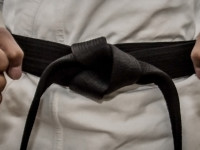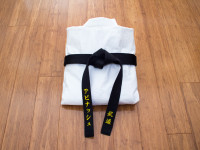One is to kneel down without moving your feet (the way I do). I start with the left knee going down first then followed by the right knee. I know this method is hard for many people as it requires the strong legs and good balance. During the process of sitting down and standing up you must…
Learn more
Kneeling bow (Zarei)






